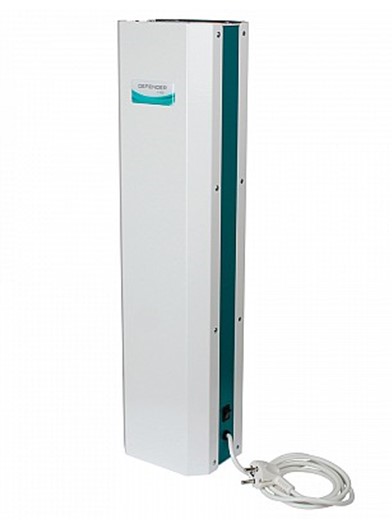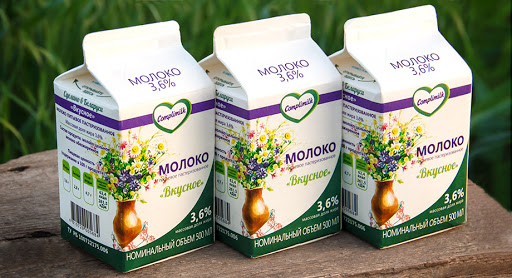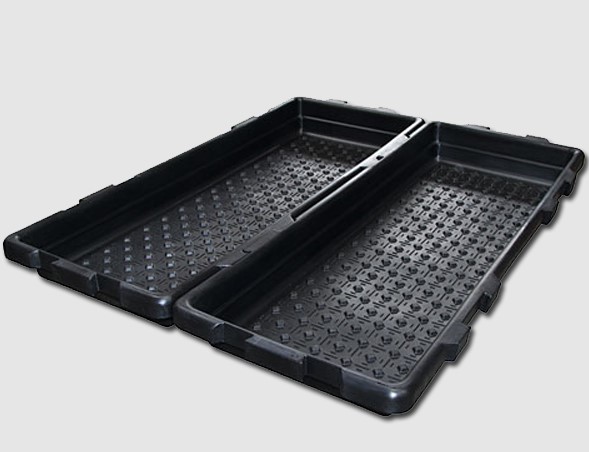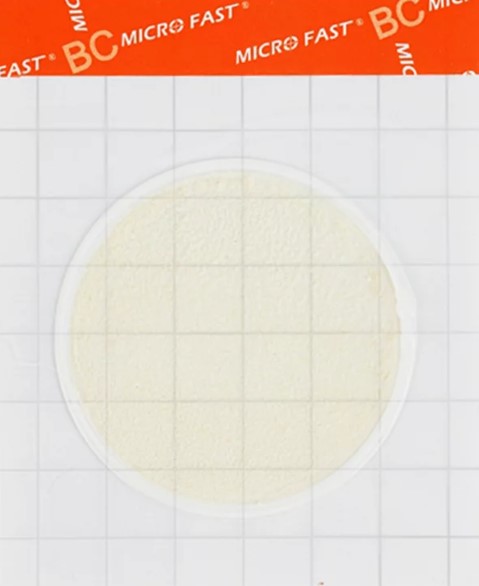Stores offer discounts. Chains want suppliers to cut prices and return promotions
Against the backdrop of the currently observed strengthening of the ruble, large retailers began to ask suppliers to reduce selling prices and return discounts. Magnit has already sent such appeals to counterparties. Prior to this, the network agreed to raise prices due to the growth in the value of the currency, but now it is counting on the opposite effect. Suppliers assure that their costs are not reduced. But analysts believe that demand will have to be supported, given the beginning of the decline in sales of consumer goods.
According to a source in retail, Magnit sent a letter to a number of suppliers with a request to reduce selling prices and fully restore promo after the stabilization of the ruble. It says that the company accepted the price increase due to the increase in exchange rates, but now wants to increase the availability of goods on the shelves by lowering prices.
Magnit confirmed that they are discussing price adjustments with suppliers due to the strengthening of the ruble:
“Many of them notified about the increase at the exchange rate of 110–120 rubles, pointing out the currency factor as one of the key factors in the growth of prime cost. We believe that with the strengthening of the ruble, this should also work in the opposite direction.”
The network did not specify with whom negotiations are underway. In "Lenta" they say that such letters were not sent out. X5 Group (Pyaterochka, Perekrestok, Karusel), Auchan and Metro did not provide any comments.
With the start of the military operation of the Russian Federation in Ukraine and the subsequent devaluation of the ruble, a number of manufacturers sent notifications of a rise in prices to the network. Suppliers of vegetable and salad mixes asked to raise prices for part of the range by 25-90%. Producers of confectionery, alcoholic beverages, household chemicals and cosmetics, etc. were preparing for this. At the same time, companies refused discounts. According to NielsenIQ, from February 28 to March 20, the share of promo in the sale of products decreased from 46.1% to 38.9%, in the non-food segment - from 42.7% to 28%.
According to NielsenIQ, the share of sales with discounts was already declining in 2020 due to the rush demand amid the pandemic. In March 2022, during peak periods, sales of fast moving consumer goods (FMCG) in volume terms reached the level of spring 2020, and in money terms they exceeded the indicator by almost 30%. But, according to NielsenIQ, in the week of March 21-27, in-kind FMCG sales for the first time fell by 0.4% in units week on week. According to Konstantin Loktev, NielsenIQ RUSSIA Retail DIRECTOR, the decrease in in-kind sales is likely to become even stronger in April.
A source in a large food company notes that manufacturers are also interested in maintaining demand and are ready to give discounts if possible. But the strengthening of the exchange rate of the ruble, firstly, may be temporary, and secondly, it does not lead to an improvement in profitability, he emphasizes.
In addition, the interlocutor clarifies, suppliers believe that the reduction in selling prices will not affect the shelf, but will only improve the income of networks. The cost of raw materials, transportation costs and other components of the cost have not decreased or are growing, and manufacturers cannot reduce prices at the expense of their resources, says Dmitry Leonov, deputy chairman of the board of Rusprodsoyuz.
However, a number of suppliers themselves began to adjust prices after the strengthening of the ruble. Thus, the ALCOHOL companies Simple, Luding Group and Ladoga announced a 10-20% price cut for imported products from April after the March increase. The Pobeda confectionery factory has returned the promo and plans to revise prices this week, Vitaly Muravyov, co-owner of the company, says: “But it is clear that a return to the previous prices cannot be expected yet.”
Food prices in Russia and their change for the week and month, data as of March 25, 2022
Mikhail Burmistrov, General Director of Infoline-Analytics, notes that the high proportion of discounts primarily had a negative impact on the business of suppliers, so they will continue to try to reduce the figure. Moreover, the conditions for new promotions, such as the introduction of new products, will be less in the coming months, he believes. But Marat Ibragimov, a senior analyst at Gazprombank, believes that, following the rush demand, consumers will reduce purchases, so promotions will be required to support sales, regardless of the ruble exchange rate.



























































